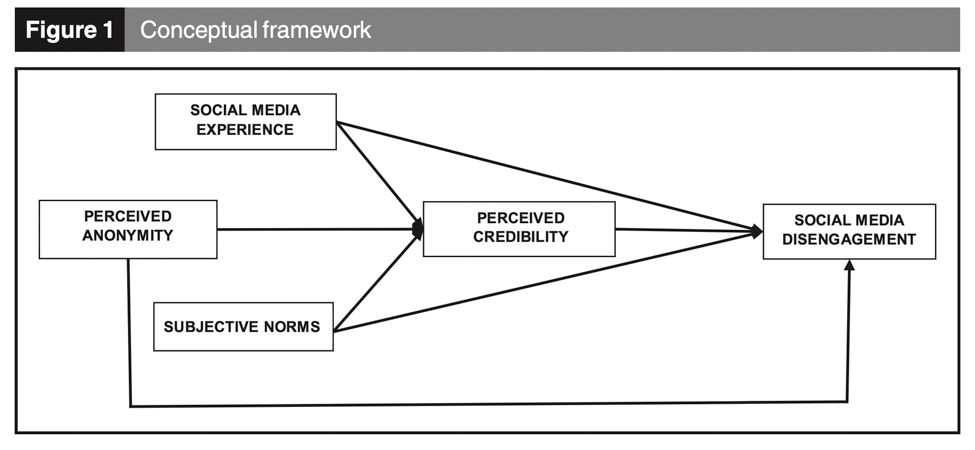“Consumers are likely to continue using a social media page of the brand as long as they perceive the page to be credible,” he said.
“To evaluate the credibility of a page, individuals will rely on 1) their own experience with the page, 2) the subjective norms from their family members, friends and colleagues, and 3) the perceived anonymity of the page [whether their personal information will be disclosed].”
“The brand should redesign social media pages to balance commercial content about brands, products and services, and tips and information from consumers (both negative and positive) in order to maintain regular contributions by the engaged users, and censor too extreme or misleading discussions.”
To ensure the stability and long-term growth of brand-customer relationships, Dr Long recommended brand managers upgrade their social media platforms to increase user-friendly experiences & interactions.
“An user-friendly platform will enable customers to access and search easily high quality and unbiased information about relevant product and services which allows them to compare and evaluate products and services for their purchases. In addition, the platform allows them to have healthy social interactions with others to clarify any concerns; and prompt replies from the brand’s representatives to help them to correct incomplete or incorrect knowledge about the brand’s products and services.”
“Managers can help improve the company’s credibility by providing or correcting negative information on their pages, stopping rumours or clarifying biased opinions. They can also highlight neutral or unbiased comments and encourage social media influencers to engage with their pages,” he said. Accordingly, the subjective norms about the social media page could be enhanced and, thus, strengthen the credibility of the page among the young consumers.
Dr Long showed that the fear of disclosing information online has become a major issue for many individuals who contribute their resources to – or express their opinion freely on online groups.
“Providing for anonymity increases the credibility of a social media page, encourages more and more members to join the discussions, and, as a result, reduces the chance that consumers disengage from that social media page because of their fear of personal information being disclosed,” he said.
“Managers should apply a policy to ensure that all personal information such as real name, gender, location, job, interest, etc, cannot be identified or shared freely on the social media platform”.
To address the question of how to improve the credibility of a social media page, Dr Long suggested that managers needed to set in place monitoring systems for all ongoing discussions about their brands, products and services to avoid biased information sharing, heated discussions or too many commercial promotions in product reviews, and strengthen the protection of participant personal identity.
“As we enter a new digital era where brands need to regularly interact with consumers on social media pages, the understanding of driving factors of social media disengagement are critical for both marketers and academics to maintain healthy brand communication in cyberspace,” Dr Long said.
The other research team members from RMIT University are School of Communication & Design lecturer Dr Rajkishore Nayak, Head of Department of Centre of Digital Excellence Associate Professor Jerry Watkins and Associate Lecturer Tran Thi Ngoc Thanh.
Story: Ha Hoang






